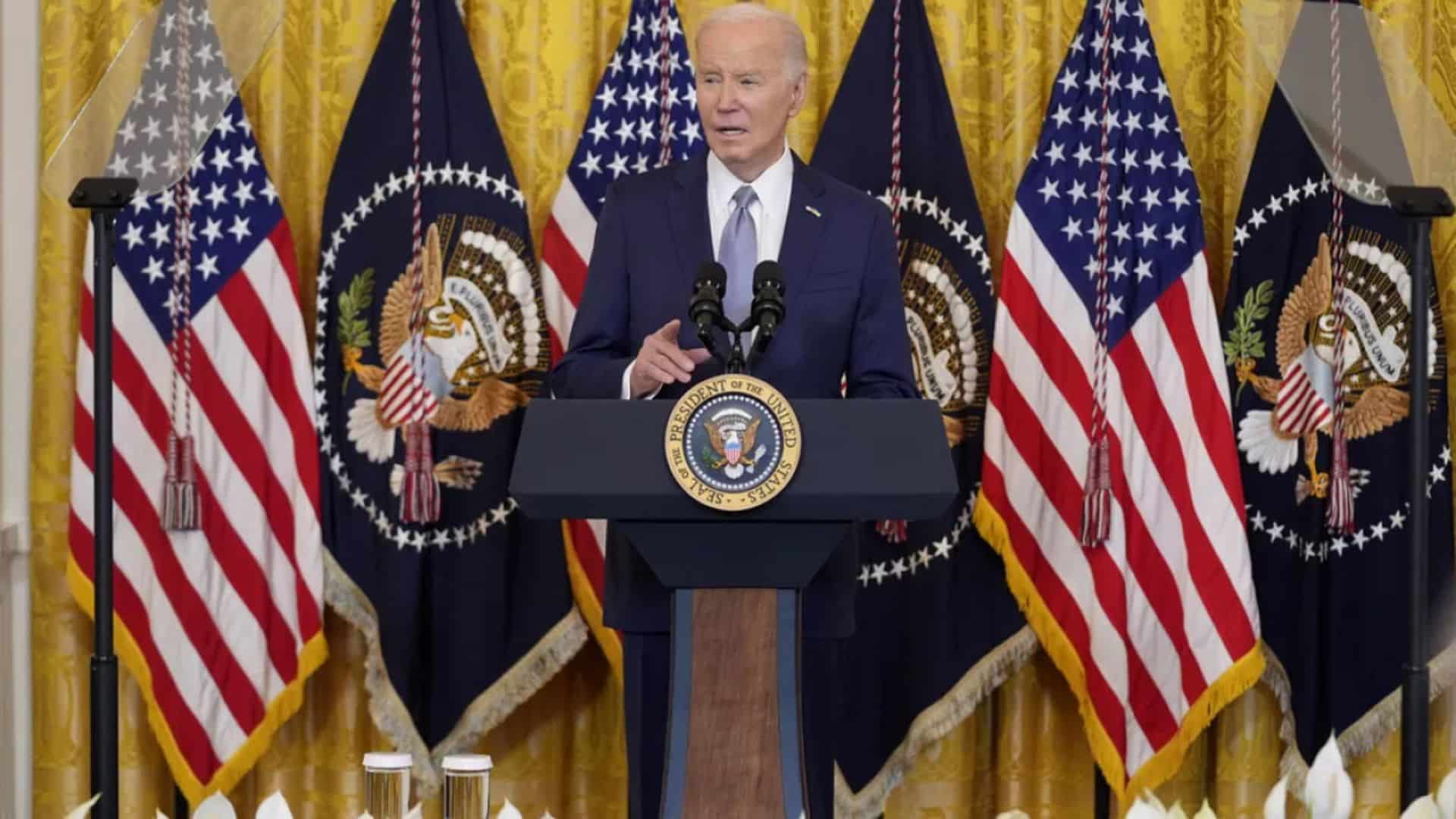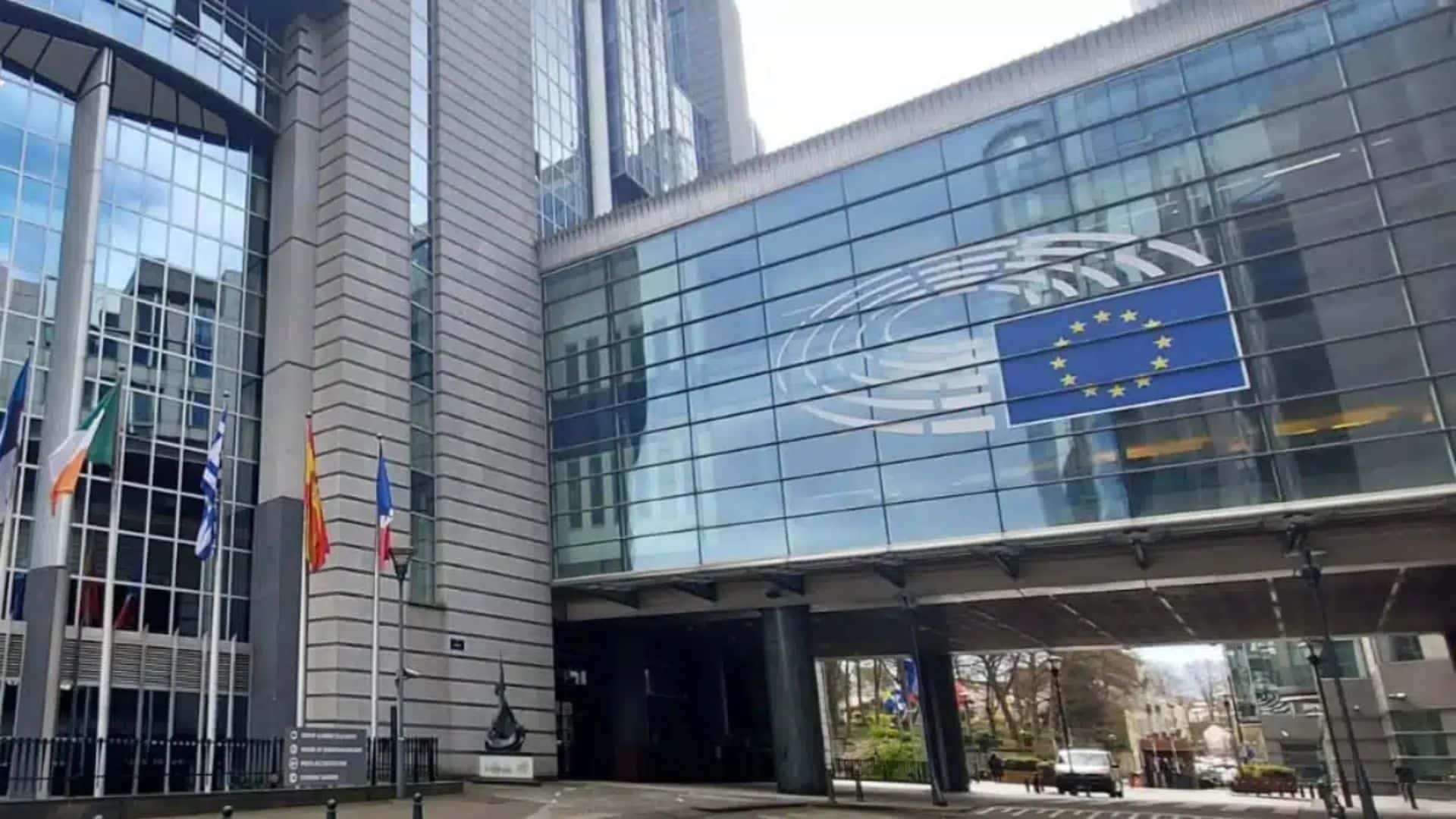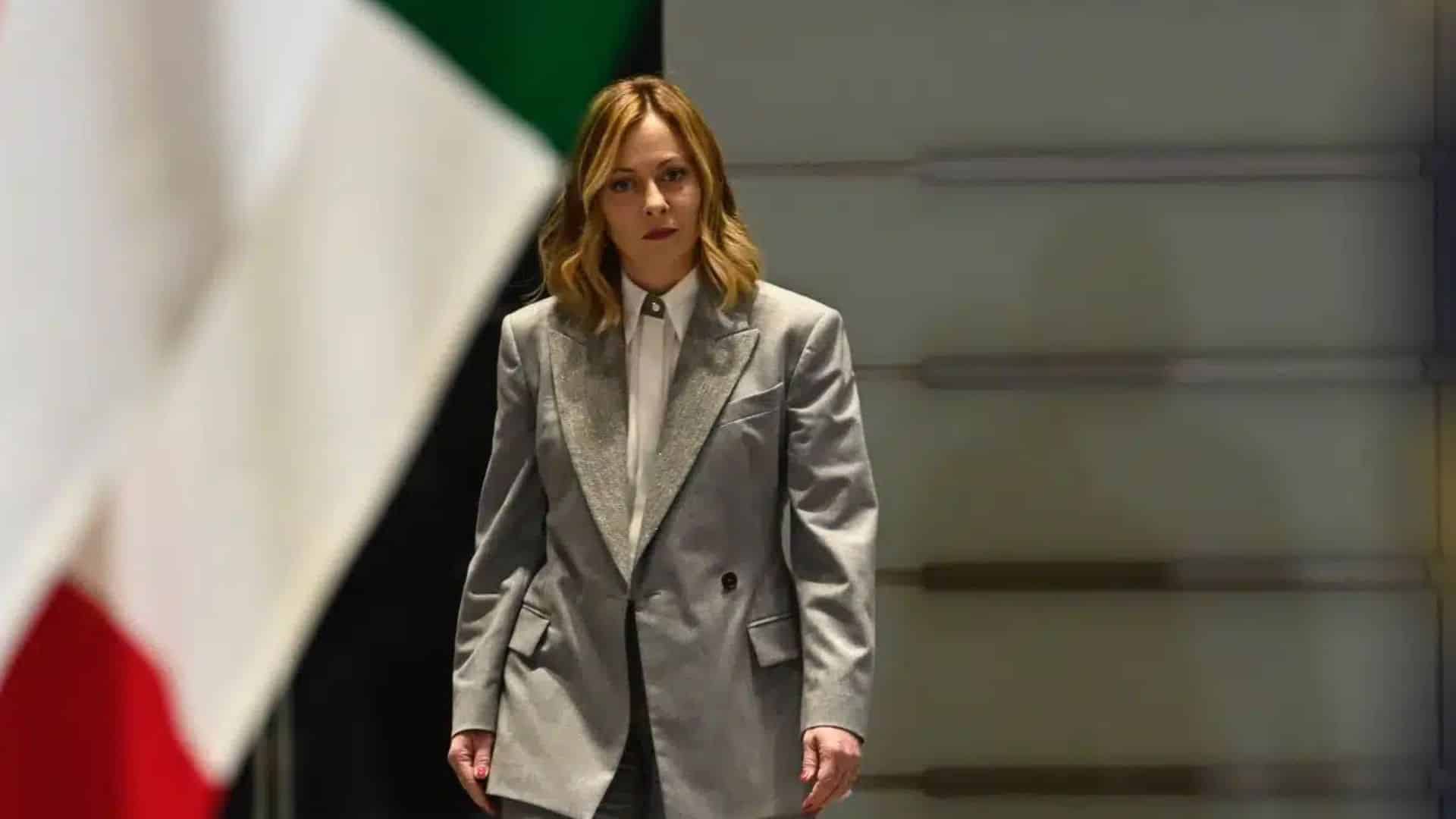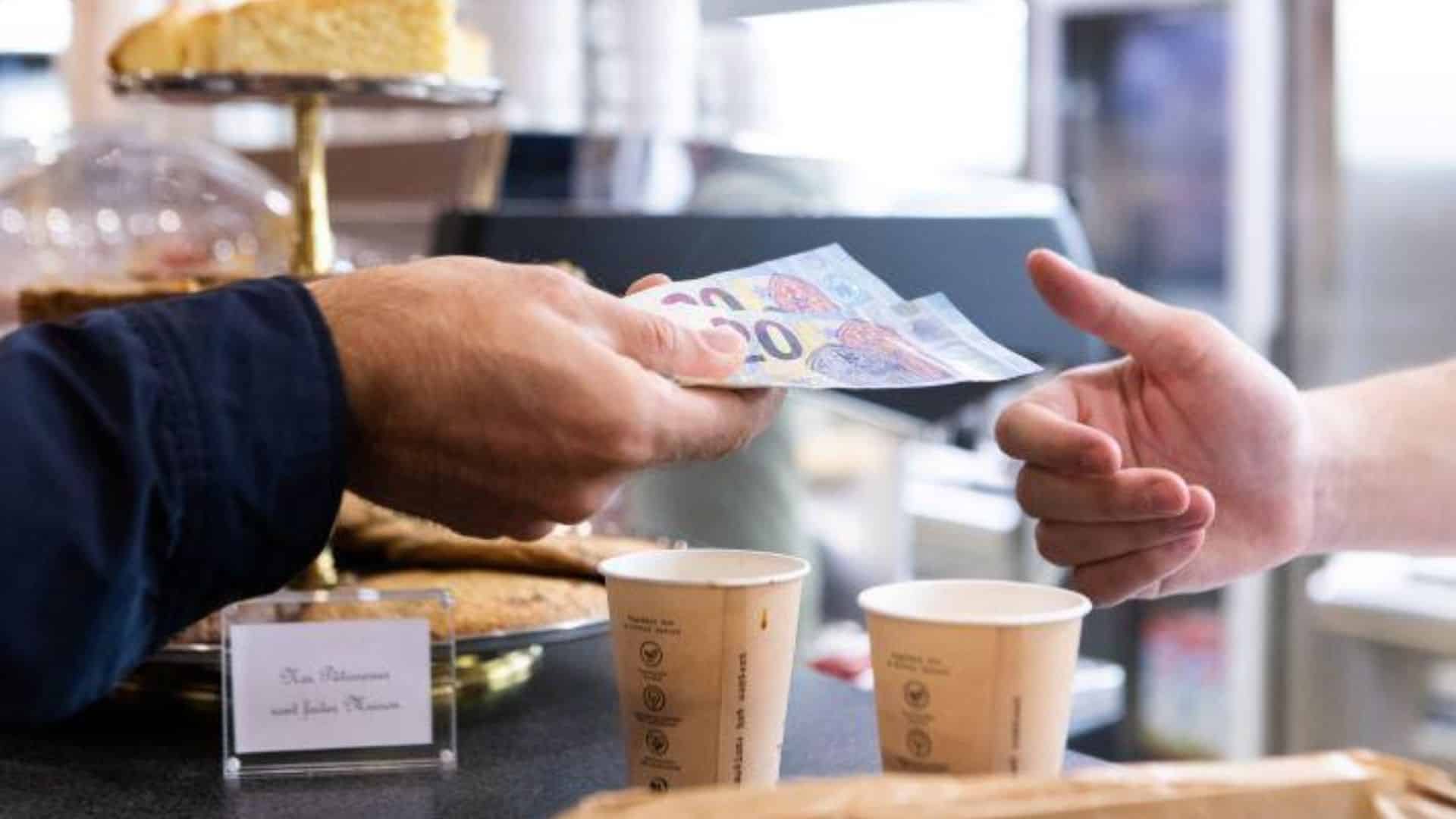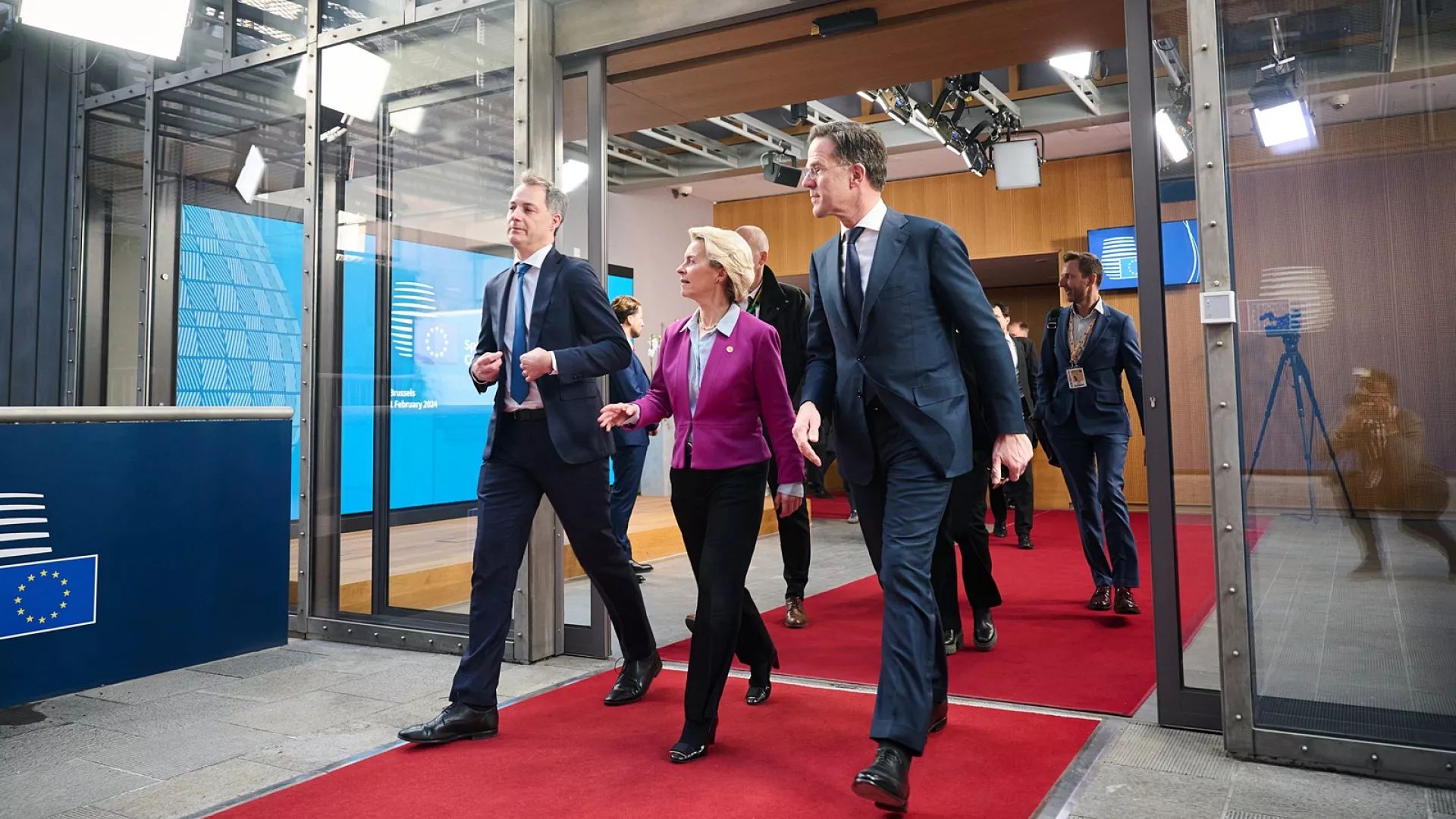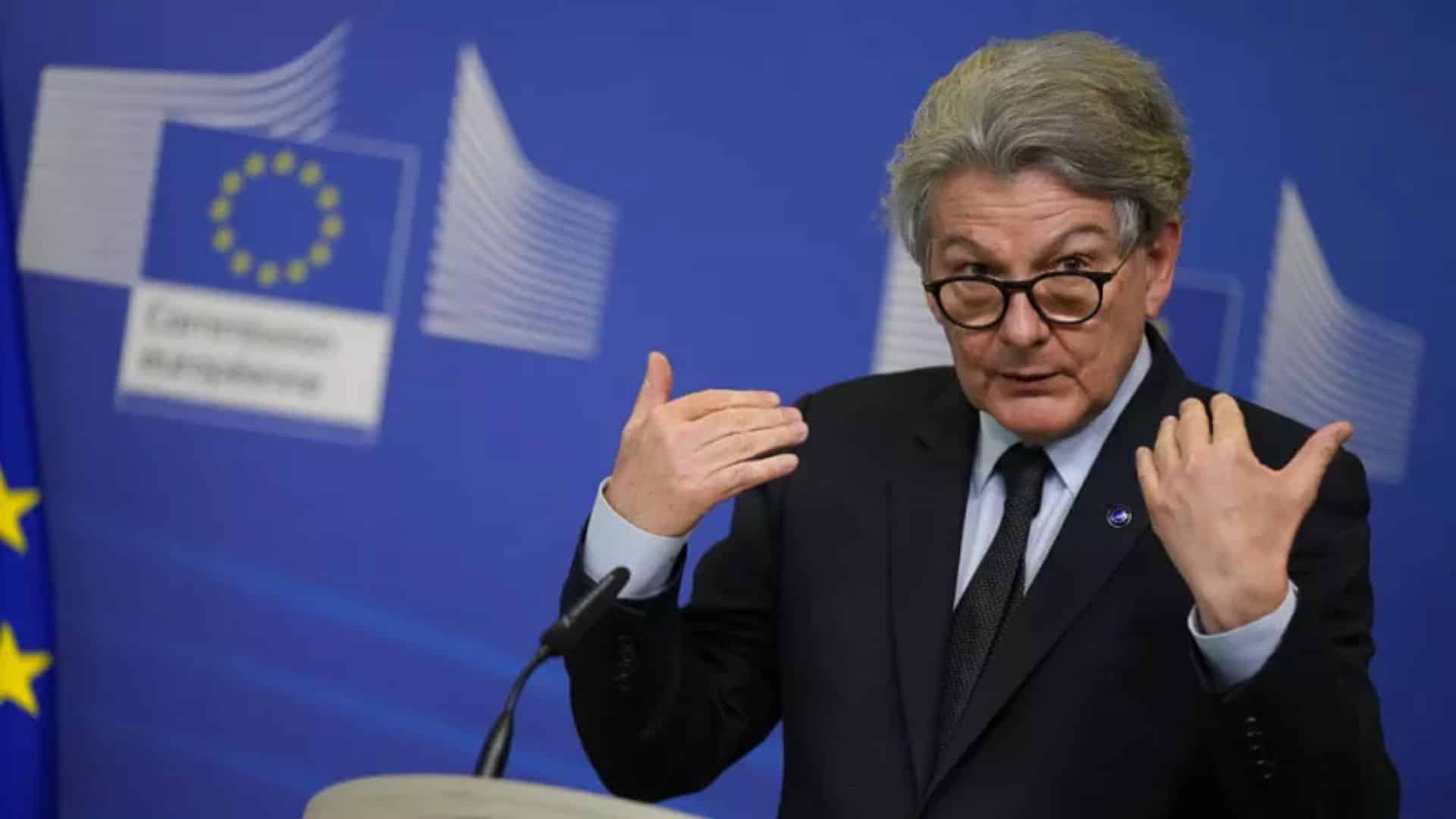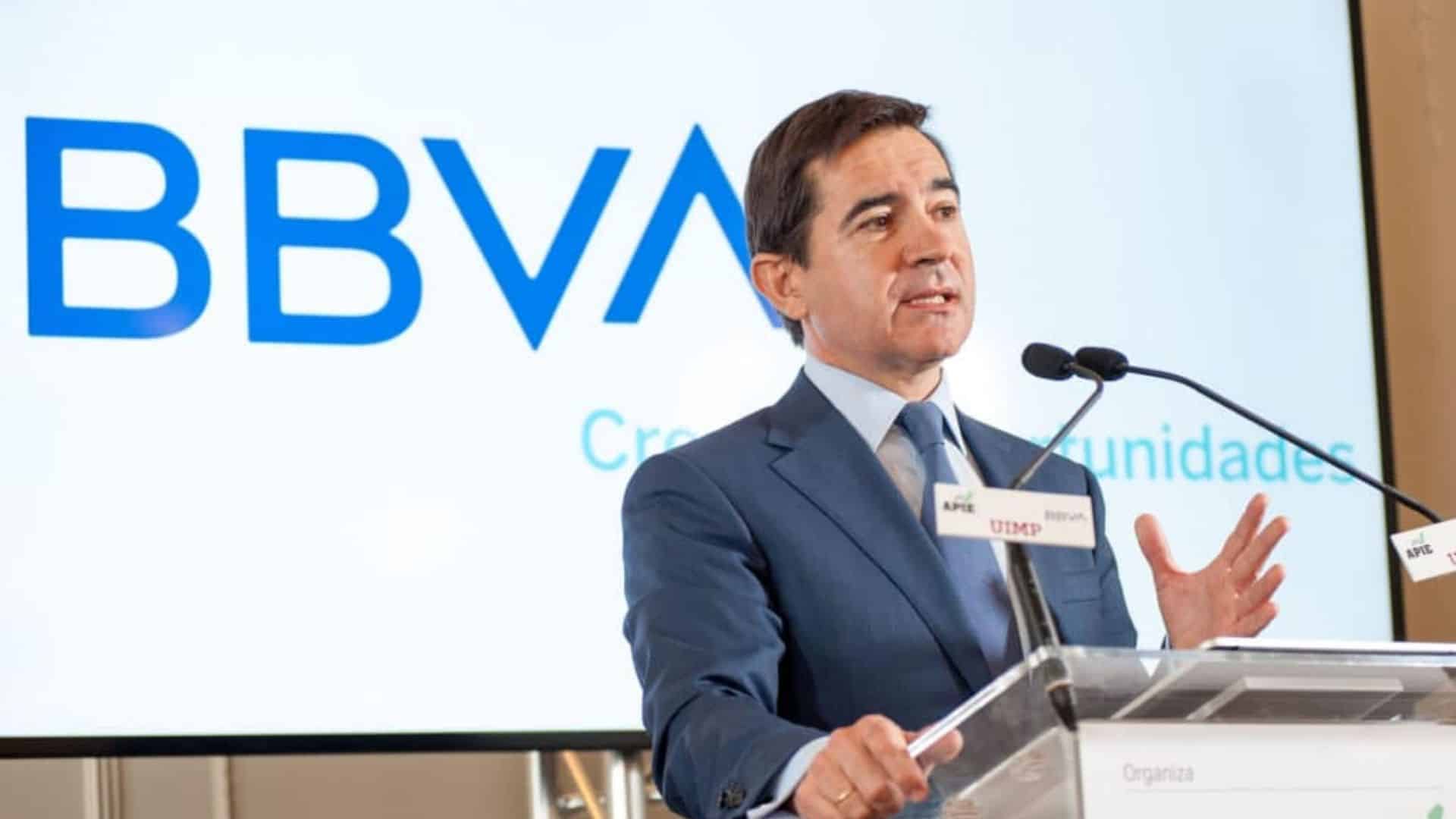
Torres, BBVA’s chairman, learns what happens in the bank from the press, he tells the judge
The old ploy of ‘finding out from the press’ to avoid responsibility in a thorny matter that affects someone is the one used today by Carlos Torres, chairman of BBVA, at the choice of Francisco González, accused in the Villarejo case, in the Audiencia Nacional before Judge García Castellón. González’s successor at the helm of BBVA, who has testified on Monday as a witness in the case investigating the bank’s relationship with companies linked to ex-commissioner Villarejo, has assured that he did not intervene in any way in the contracting, the details of which he learned from the press.
Torres Vila, who appeared before Judge Manuel García Castellón at the Audiencia Nacional, gave his testimony for approximately three hours, during which he answered questions from the prosecutor and the accusations, as well as from his own lawyer.
The banker has reiterated that his statement is not so much in his capacity as president of BBVA as a “witness to a series of facts”, as legal sources have told EFE.
Torres declares before the judge that he found out about BBVA’s relationship with Villarejo in 2018, despite the fact that he was the CEO of BBVA, that is to say top executive and right-hand man of Francisco González, since 2015
According to these sources, Torres explained that he found out about the bank’s relationship with companies linked to ex-commissioner José Manuel Villarejo in October 2018, when the bank had already started an internal or “forensic” investigation to clarify the nature of this work, and whether it involved any kind of breach of the bank’s internal rules of conduct, or “compliance”.
Apparently, the then BBVA communications director, Paul Tobin, reported in May the publication in some media of the relationship between the bank and Villarejo, but Torres Vila has assured that he did not read it, and that it was not until June or July of that year that he became aware of it.
At that time, Torres Vila was CEO of the bank, as he was not appointed chairman until January 2019, and in that capacity he did not intervene or know anything about the relationship with Villarejo until something was published in the press, in the summer of 2018.
As far as he later learned, the internal or “forensic” investigation was entrusted to the bank’s internal audit department, and already in 2019 to PwC, on the instructions of the law firm Garrigues; it is this external investigation team that analysed the details of the bank’s relationship with the ex-commissioner, who was paid a total of around 10 million euros for different jobs.
It is about the bank’s alleged assignment to Cenyt, a company linked to Villarejo, to find out who was behind the attempted takeover of a stake in BBVA by Sacyr at the end of 2004.
Torres disassociates internal audit department from investigation
The BBVA chairman has disassociated the internal audit department from the investigation, and has insisted that both he and the board of directors gave instructions that collaboration with the justice system should be “total”, the same sources add.
From January 2019, when the investigation is outsourced, the bank will no longer intervene in the decisions, he said.
BBVA sources have told EFE that “in his capacity as a witness, Carlos Torres Vila has declared with total normality, answering the questions of the Public Prosecutor’s Office and the parties”.
In mid-2019, Judge García Castellón agreed to impute both BBVA and its former president Francisco González in a case in which other former executives of the bank, such as the former director of risks of the bank Antonio Béjar or the former head of security Julio Corrochano, were already under investigation.
The magistrate is investigating operation “Trampa”, the ninth separate part of the “Villarejo case” which deals with the alleged espionage services to politicians, businessmen and journalists that the bank had commissioned from the ex-commissioner since 2004, when the construction company Sacyr began, unsuccessfully, a move to try to take control of the entity.




